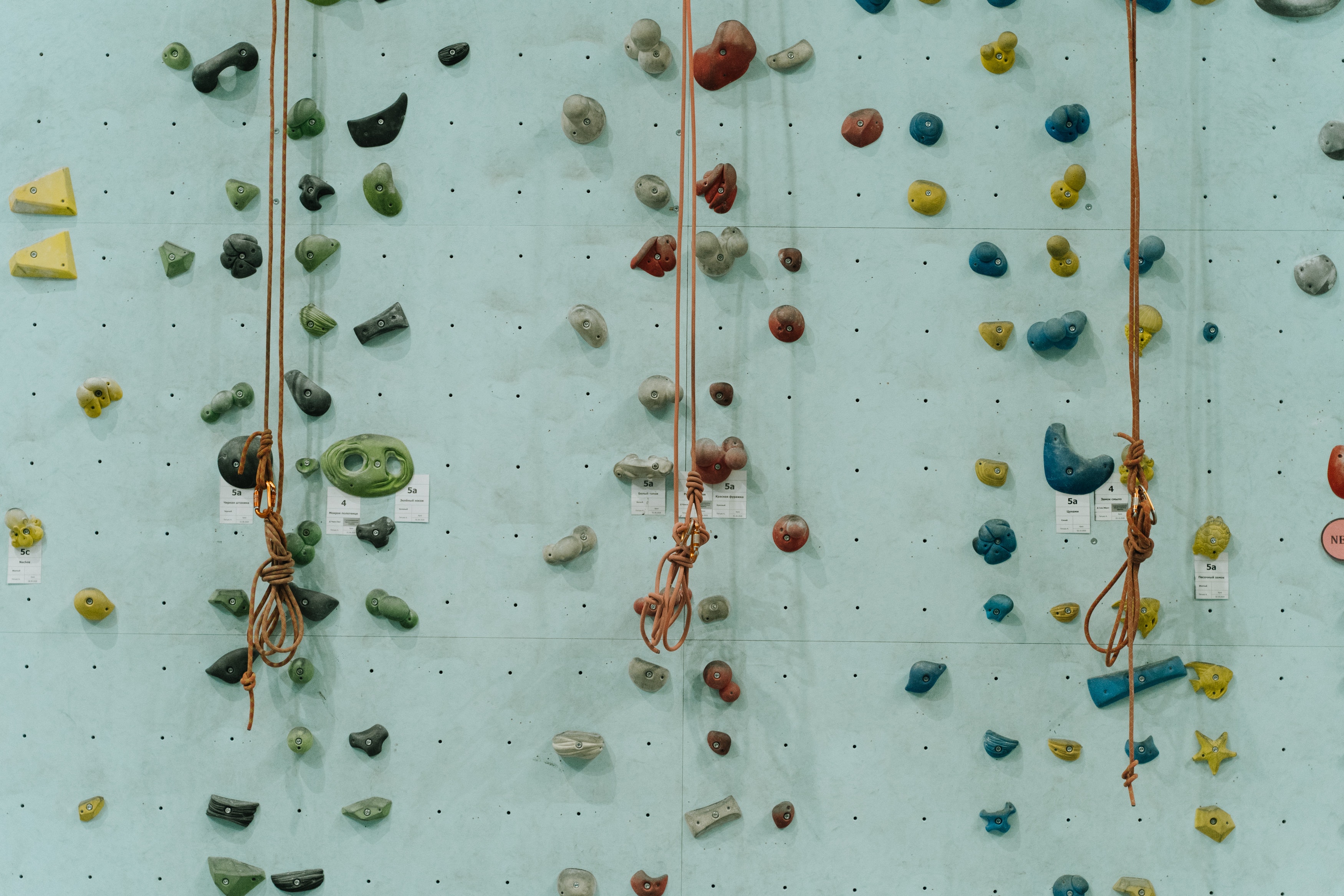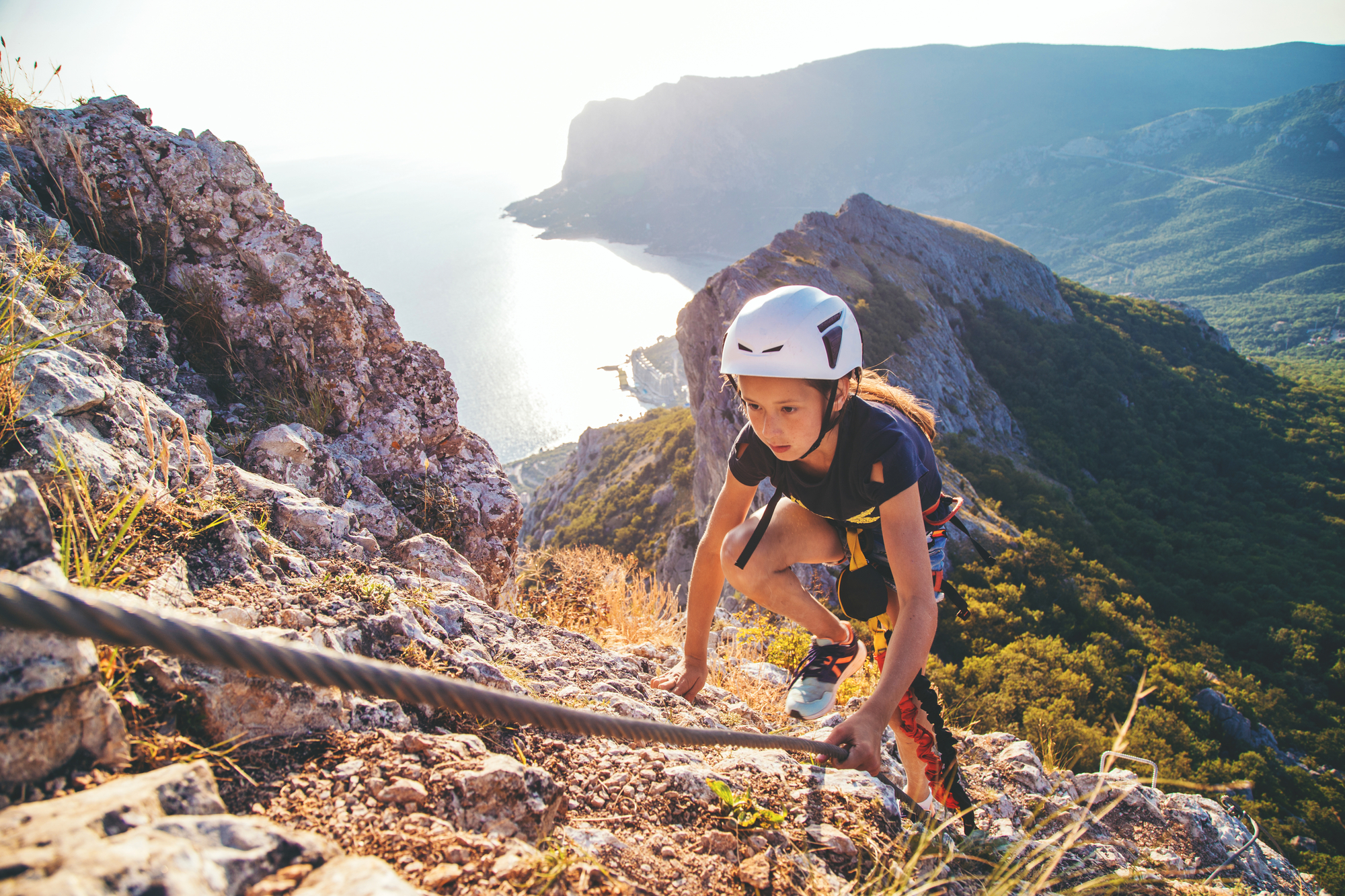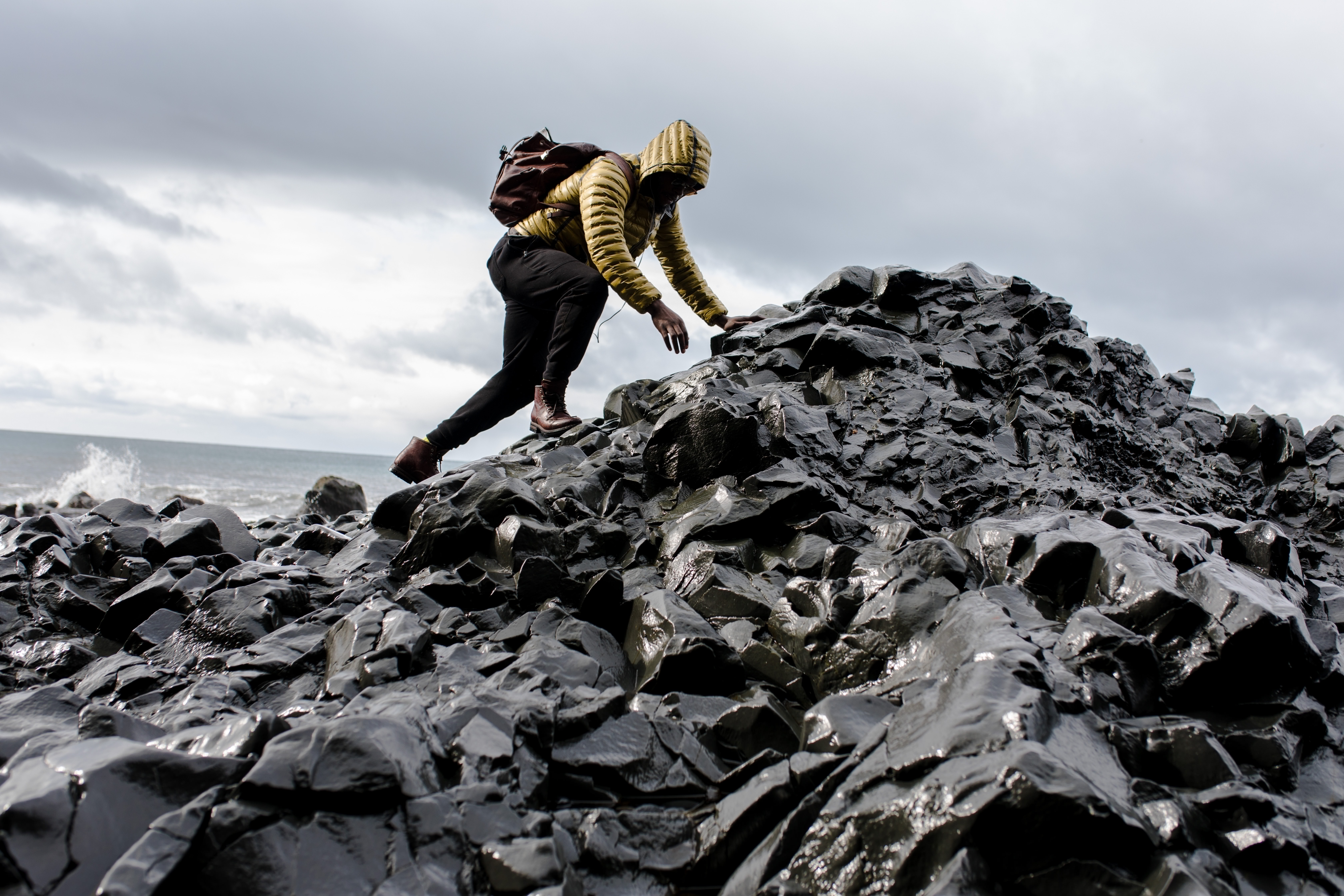There's an old saying in the climbing world - "You're only as strong as your weakest link." This is definitely true when it comes to bouldering. If you don't take enough rest days, you'll quickly wear yourself out and won't be able to send yourself on any climbs.
It can be tough to determine how many rest days you need when bouldering. Too few, and you may not be giving your body enough time to recover; too many, and you might lose the momentum you've built up.
This blog post will answer that question and more! We'll discuss the science of rest days, how they benefit your body, and how to structure your bouldering routine for optimal performance.
So whether you're just starting out or you're a seasoned climber looking to improve your skills, read on for some valuable tips!
Can You Go Bouldering Every Day?

The short answer is: no, you shouldn't go bouldering every day.
When you first start out, you might be able to get away with bouldering a few times a week. But as you advance, you'll need to incorporate rest days in order to see results.
If you don't take any breaks, you'll get tired, and your muscles won't have enough time to recover. This can lead to damaged ligaments, ripped tendons, and muscle pulls.
You won't achieve true strength and skill that way because your muscles grow stronger when you take the time to rest.
How Many Rest Days Should You Take?

The amount of rest days you need will depend on a few factors, including:
- The intensity of your sessions: If you're bouldering for hours at a time, you'll need more rest days than if you're only climbing for a few minutes.
- Your level of experience: Beginners will need more rest days than experienced climbers.
- Your goals: If you're training for a competition or trying to achieve a specific goal, you'll need to be strategic about when you take your rest days.
As a general rule, most climbers should take at least one or two full rest days per week. And if you're feeling exhausted, it's okay to take an extra day or two off.
It's also important to listen to your body and give yourself a break when you need it. If you're feeling sore or exhausted, take a few days off to recover.
You'll know you're well-rested when you feel strong and energized during your sessions.
When Do You Need A Rest Day From Bouldering?

You can figure out if you're feeling good enough to go climbing or if you should take a rest day by paying attention to how your body feels.
The following are signs you need to take a break:
- Sickness
- Issues Sleeping
- Pain
- Fatigue
- Sore Muscles
If you're feeling any of these things, it's best to take a rest day. If you're unsure, err on the side of caution and take a day off.
How to Structure Your Bouldering Routine
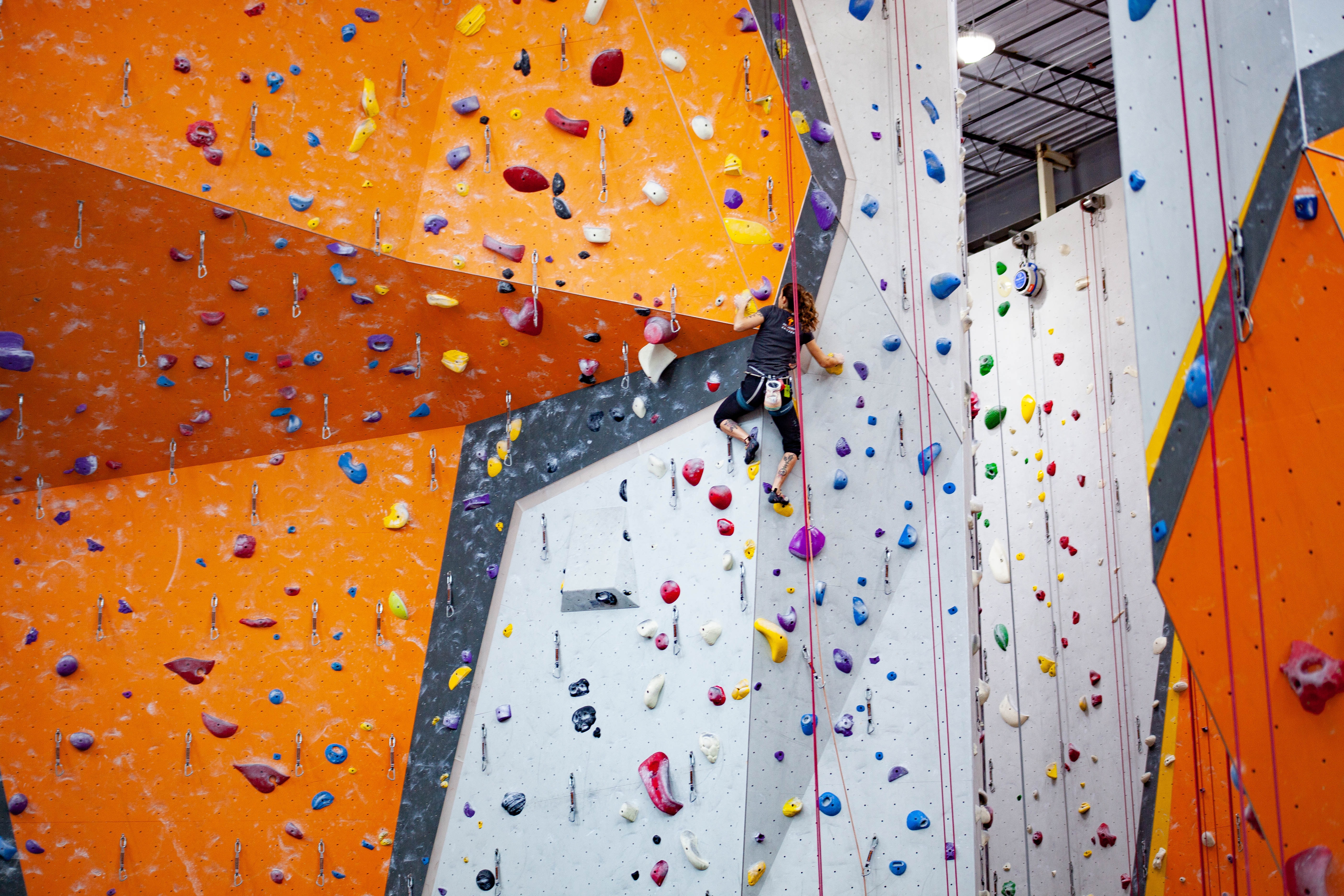
Now that you know how many rest days to take, it's time to put together a bouldering routine that works for you.
Here are a few tips to get you started:
1. Schedule your sessions
Set aside specific days and times for bouldering, and stick to them as much as possible. This will help you stay consistent and prevent burnout.
2. Warm up and cool down
Spend at least five minutes warming up before you start climbing. This will help prevent injuries and get your muscles ready for action. When you're finished, spend a few minutes stretching to cool down.
3. Focus on quality over quantity
It's better to climb fewer routes with proper technique than to try to send everything in sight. This will help you progress more quickly and avoid injuries.
4. Take your time
Bouldering is supposed to be fun, so don't put too much pressure on yourself to send every route. If you're feeling stressed or frustrated, take a break and come back when you're feeling better.
5. Listen to your body
As we mentioned before, it's essential to listen to your body and take rest days when you need them. If you're feeling pain or discomfort, see a doctor or physiotherapist to get checked out.
How To Make The Most Of Your Rest Days
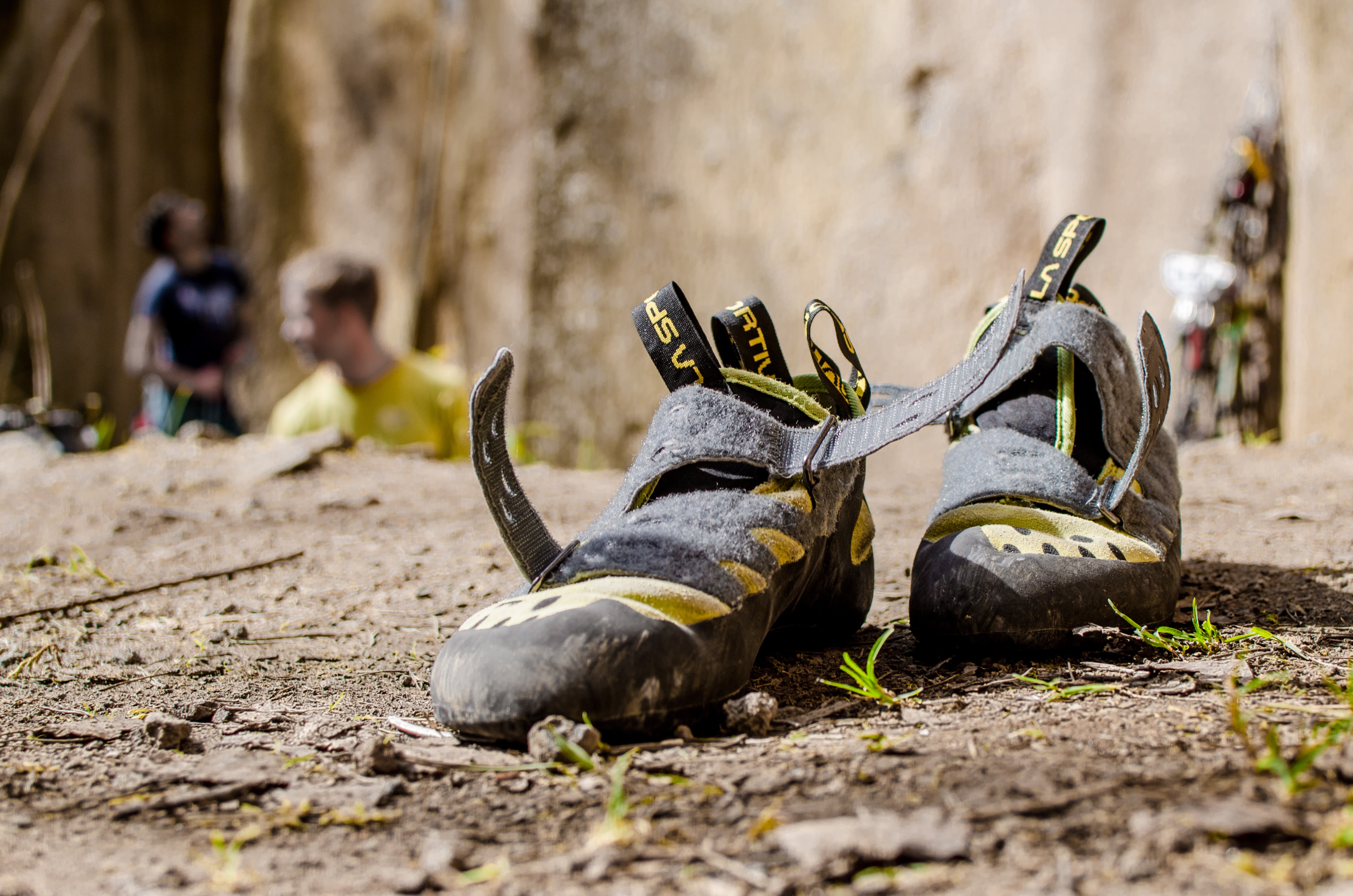
Just because you're resting doesn't mean you can't stay active. You can do plenty of things on your rest days to help your body recover and prepare for your next session.
Here are a few ideas:
Foam rolling: This self-massage technique helps release tension in your muscles and improve circulation.
Yoga: Yoga is a great way to stretch your muscles and improve your flexibility.
Light cardio: A moderate amount of cardio can actually help reduce inflammation and speed up recovery.
Active recovery: This refers to low-impact activities that still get your blood flowing, such as walking or swimming.
Nutrition: Eating a healthy diet helps your body recover from workouts and can improve your overall performance.
Conclusion
Rest days are a vital part of any bouldering routine. By taking one or two days off per week, you'll give your body the time it needs to recover and come back stronger than ever.
By following these tips, you can make the most of your rest days and ensure that you're always climbing at your best. So don't be afraid to take a break - your body will thank you for it!
Do you have any other tips for taking rest days? Share them in the comments below!

